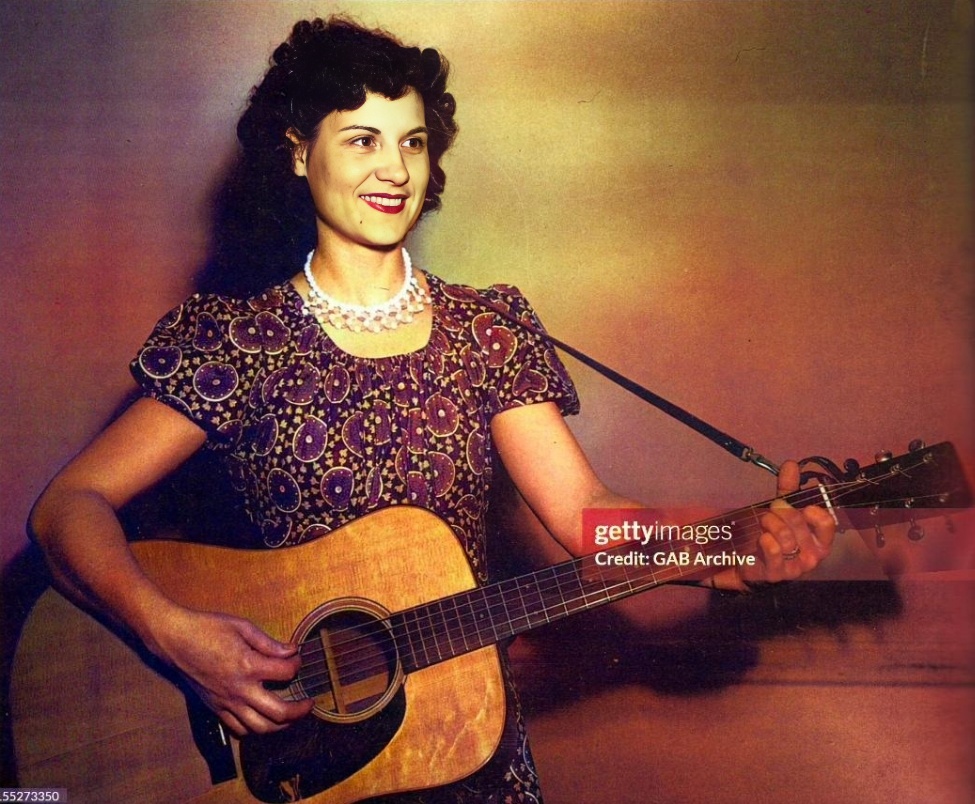
Kitty Wells, born Ellen Muriel Deason, was a pioneering figure in country music. Often dubbed the “Queen of Country Music,” she shattered gender barriers in a male-dominated industry. Wells was the first female country singer to top the U.S. charts with her groundbreaking hit “It Wasn’t God Who Made Honky Tonk Angels” in 1952. While not always appearing on formal “charts” in the same way we understand them today, her songs dominated the jukeboxes and airwaves, solidifying her legendary status and paving the way for countless other female artists. In 1976, she was inducted into the Country Music Hall of Fame, a testament to her enduring impact.
One of her many poignant and impactful songs is “Paying for That Back Street Affair – 1953”. This song tackles a delicate and controversial subject for the time: the social consequences and hypocrisy surrounding extramarital affairs. Sung from the perspective of a woman haunted by a past relationship, the song explores the deep shame and lasting repercussions she endures, even after the affair has ended. It shines a light on the societal double standard where women often bear the brunt of the blame and stigma while the male partners involved frequently escape censure.
“Paying for That Back Street Affair” resonated deeply with listeners, particularly women, who felt seen and understood by Wells’ honest portrayal of a painful reality. The song, like many of her others, sparked both controversy and admiration. Some found the subject matter scandalous, while others lauded its bravery in addressing a taboo topic. Despite the differing opinions, the song undoubtedly contributed to a broader cultural conversation about morality, gender roles, and the complex emotional landscape of relationships. Ultimately, it cemented Kitty Wells’ reputation as a fearless artist willing to challenge conventions and give voice to the unspoken experiences of women in the 1950s.